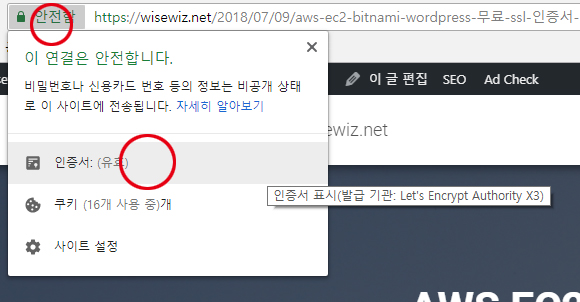

To understand the significance of that move requires a peek back into history. Last week, Bitnami also joined a partnership with Google Compute Engine. That service has been reliant upon Bitnami, whose business is to package stack components into very tight bundles.


Today, it sells developer tools, NoSQL databases, monitoring and issue tracking software, operating systems, and all the essential components developers typically need to build and manage an application stack.

However, if you can't remove any data in the instance, you will need to increase the disk size in the instance.Since 2012, Amazon Web Services has had its own app store. Restart the server and purge the old files from the instance.Disable the binary logging in the MySQL's configuration.Sudo /opt/bitnami/ctlscript.sh stop mysql If MySQL is the folder with more space, you can try to disable the binary logging in the database to save some space Any help would be appreciated.Īs you mentioned, the problem is that there is not space left on the machine so you need to remove the data you have or increase the disk size.įirst of all, let's get more information about the folders with more data inside the Bitnami installation cd /opt/bitnami I should also state that due to a problem I no longer have access to the ssh key, though I feel strongly that it wouldnt work since I created an image of this instance and volume that returned a "Connection timed out" with every ssh attempt. There's a lot more to the log if anyone willing to assist is interested. It's a lot more than this but I keep getting a "No space left on device" error. cloud-init: File "/usr/lib/python3/dist-packages/cloudinit/atomic_helper.py", line 39, in write_file cloud-init: File "/usr/lib/python3/dist-packages/cloudinit/atomic_helper.py", line 46, in write_json cloud-init: atomic_helper.write_json(status_path, status) cloud-init: File "/usr/lib/python3/dist-packages/cloudinit/cmd/main.py", line 648, in status_wrapper cloud-init: File "/usr/lib/python3/dist-packages/cloudinit/util.py", line 2525, in log_time cloud-init: get_uptime=True, func=functor, args=(name, args)) cloud-init: File "/usr/lib/python3/dist-packages/cloudinit/cmd/main.py", line 893, in main cloud-init: load_entry_point('cloud-init=19.2', 'console_scripts', 'cloud-init')() cloud-init: File "/usr/bin/cloud-init", line 9, in cloud-init: Traceback (most recent call last): cloud-init: During handling of the above exception, another exception occurred: cloud-init: OSError: No space left on device
#AWS BITNAMI MEAN PRCING UPDATE#
Started Update UTMP about System Runlevel Changes. Starting Update UTMP about System Runlevel Changes. Starting Execute cloud user/final scripts. See 'systemctl status rvice' for details. Failed to start LSB: bitnami init script. bitnami: write /var/lib/gonit/state: no space left on device bitnami: # 10:21:07+00:00 # INFO # Running /opt/bitnami/var/init/post-start/050_bitnami_credentials_file. I went ahead and checked the system log and got this: bitnami: Please see below for details Trying to use an ErrorDocument to handle the request. The server is temporarily unable to service your request due to maintenance downtime or capacity problems.Īdditionally, a 503 Service Unavailable error was encountered while Everything was running fine until recently, when I received the following error on the page: I currently have an AWS Bitnami EC2 Wordpress instance with 10gb of general purpose storage attached.


 0 kommentar(er)
0 kommentar(er)
